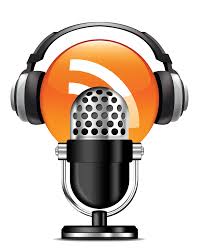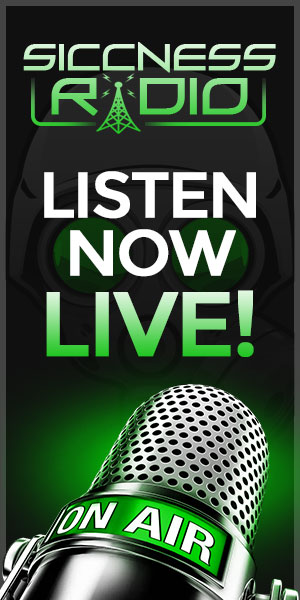The podcast’s blessing may also be its curse: it wasn’t invented to be profitable. A popular early term for podcasting was “audioblogging,” which alludes to its DIY origins. Anyone with a laptop, a microphone and a voice can host their podcasts on iTunes, SoundCloud and numerous other distributors. Not only do many podcasters enter the craft as listeners first, learning production and interview techniques along the way, but audio is also much cheaper to produce than video, which makes it more feasible to distribute podcasts for free.
Yet, if 2017 alone is any indication, the music business is investing heavily in podcasts as an integral part of its future. Within the last two weeks alone, Spotify and Google Play each launched their first original music podcasts, exclusive to their platform (Showstopper and City Soundtracks, respectively). Major labels like Sony Music Entertainment are experimenting with short-form audio podcasts centered around their back catalog. The latest version of social audio startup Anchor, which was released earlier last week, allows its users to incorporate Apple Music and Spotify streams into their broadcasts, enabling everyday podcasters to have a direct impact on streaming numbers. Even Techstars Music is sensing a financial link between music and podcasting, counting dynamic audio advertising startup Pippa in its inaugural class.
The history of podcasting is inseparable from technology. Its popularity rose sharply with the release of the iPod and other mobile audio players, to the point where the word “podcast” was crowned the New Oxford American Dictionary’s Word of the Year in 2005. Nowadays, an estimated 42 million Americans (15% of the country’s population) listen to podcasts every week. Hence, coming from a newly growing industry that historically has wielded songs, videos, news feeds and concerts as its only storytelling canvases, music companies and publishers see podcasts as a long-overdue means of reaching their most passionate fans.
“There’s a generation of internet-native journalists who didn’t get a journalism degree, but rather fell in love with blogging straight out of school,” says Naomi Zeichner, Editor in Chief and Director of Content of The FADER and the host of Showstopper. “Now they’re growing up and gaining influence in media. And like everyone else, they’re adjusting to these new platforms and tools that have emerged for telling stories.”
While the lower costs of podcasting do not forgo listener loyalty—88% of subscribers to any given podcast listen to most or all of its episodes, according to Midroll—the challenge that lies ahead is legitimizing and repurposing this user-generated format for a largely revenue-driven music culture. From developing dynamic advertising and subscription models to improving metadata and recommendation engines, podcasters are taking hints from Spotify, Netflix and similar companies in an attempt to secure their foothold as legitimate catalysts of music-industry innovation.
via Cherie Hu















Speak On It!